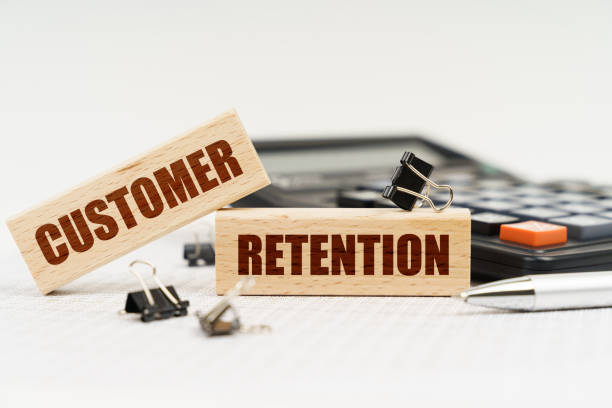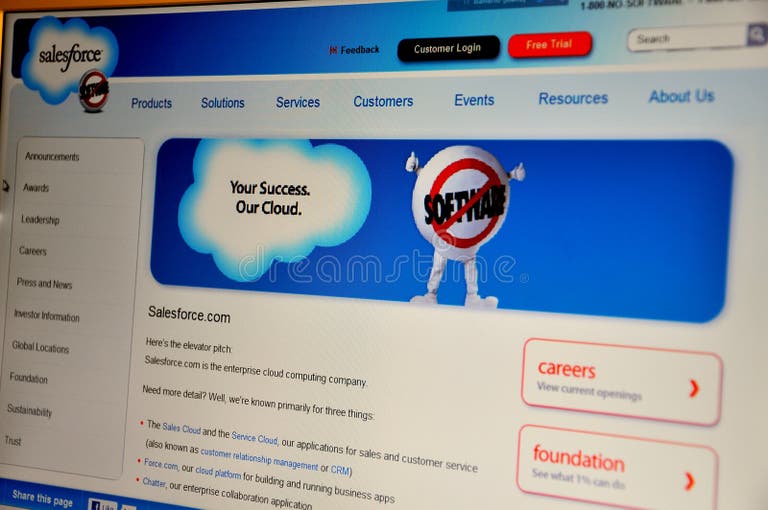Salesforce for Small Businesses: How to Get Started and Succeed


Rahmat Olayiwola
Content Writer
Table of content
Introduction
Salesforce, a game-changing Customer Relationship Management (CRM) platform empowers businesses to manage their operations, engage customers, and drive growth like never before. Salesforce presents a lot of opportunities for small businesses to harness the power of CRM technology to stay competitive, innovative, and thrive in today’s dynamic business landscape. This article would uncover the world of Salesforce for small businesses, how to get started, the myriad benefits it brings, and practical strategies for achieving remarkable success.


The Power of Salesforce for Small Businesses
- Streamlined Customer Management and Engagement:
For small businesses, nurturing and retaining customers is paramount. Salesforce provides a centralized platform to manage customer interactions, track sales leads, and monitor communication history. This empowers businesses to provide personalized experiences and build lasting relationships, resulting in increased customer satisfaction and loyalty.
Imagine a world where you have a 360-degree view of your customers, their preferences, and their interactions with your business. Salesforce provides exactly that. Consider a small retail boutique using Salesforce: as a customer walks in, their purchase history and preferences are instantly accessible. With this information, the boutique owner can offer tailored product recommendations, and personalized discounts, and even send follow-up emails post-purchase, all through Salesforce. This level of engagement builds lasting relationships, increases customer loyalty, and drives repeat business.
- Efficient Sales and Marketing Processes:
Salesforce offers automation tools that streamline sales and marketing workflows. Small businesses can automate lead capturing, qualification, and follow-up, allowing sales teams to focus on high-value activities. Marketing campaigns can be personalized based on customer behaviour and preferences, leading to more effective targeting and conversion.
Let’s look at a scenario involving a small software startup. Salesforce’s automation tools can automatically route incoming leads based on criteria such as location and industry. When a lead downloads a whitepaper from the startup’s website, Salesforce triggers an automated email sequence with relevant content. This personalized approach nurtures the lead until they’re ready to engage with the sales team. By automating these steps, the startup saves time, ensures timely follow-ups, and improves the chances of converting leads into customers.
- Data-Driven Decision Making:
Small businesses often operate in dynamic environments where data-driven decisions are critical. Salesforce’s robust reporting and analytics capabilities enable businesses to extract meaningful insights from their data. By analyzing sales trends, customer behaviours, and campaign performance, small businesses can make informed decisions that drive growth and competitive advantage.
Consider a local coffee shop leveraging Salesforce to analyze sales data. By studying trends in customer purchases, the shop identifies a surge in demand for a specific type of coffee during winter months. Armed with this insight, they create a targeted marketing campaign promoting this coffee and offering seasonal discounts. As a result, sales increase, customer satisfaction soars, and the coffee shop establishes a reputation for catering to customer preferences.


Getting Started with Salesforce
- Assess Your Needs:
Before diving into Salesforce, identify your business goals and processes that need improvement. Determine which aspects of customer management, sales, and marketing require enhancement, and how Salesforce can address these needs.
Suppose you’re running a small consulting firm. Before diving into Salesforce, evaluate your business goals. Do you struggle with tracking client interactions? Is lead management becoming overwhelming? By identifying pain points, you can tailor Salesforce to address these challenges effectively.
- Choose the Right Edition:
Salesforce offers various editions tailored to different business sizes and requirements. For small businesses, the “Sales Essentials” or “Service Essentials” editions may be suitable. Evaluate the features each edition offers and choose the one that aligns with your goals.
For instance, let’s say you own a boutique PR agency. Salesforce’s “Sales Essentials” edition offers contact management, email integration, and sales forecasting – all crucial for your business. By selecting the right edition, you ensure you’re investing in features that align with your requirements.
- Customization and Implementation:
Work with Salesforce implementation experts or consultants to customize the platform according to your business processes. Create custom fields, objects, and workflows that align with your specific needs. Effective implementation ensures a seamless transition and maximizes the platform’s potential.
Imagine you’re a small manufacturing company. You’ve decided to use Salesforce to streamline your order management process. You customize Salesforce to capture order details, automated order status updates, and even set up alerts for low inventory levels. This tailored setup enhances efficiency and ensures you’re always on top of your orders.
Enjoying the Article?
Sign up For Our Newsletter
Strategies for Success with Salesforce
- Comprehensive Training:
Ensure your team receives thorough training on using Salesforce. Leverage Salesforce Trailhead, an interactive learning platform, to provide continuous training and keep your team up-to-date with the latest features and best practices.
Let’s say you run a family-owned bakery. Your employees use Salesforce to manage customer orders and inquiries. Providing them with comprehensive training using Salesforce Trailhead ensures they’re proficient in navigating the platform, entering orders accurately, and responding promptly to customer queries.
- Integration with Existing Tools:
Integrate Salesforce with your existing tools and applications to create a unified ecosystem. This streamlines data exchange, minimizes manual data entry and enhances overall efficiency.
Suppose you own a small e-commerce store. Integrating Salesforce with your e-commerce platform allows you to sync customer data, order history, and shopping cart information. This integration streamlines the buying experience and ensures your customers receive personalized recommendations based on their browsing behaviour.
- Personalized Customer Experiences:
Utilize Salesforce’s features to deliver personalized experiences to your customers. Leverage data to tailor interactions, provide timely responses, and anticipate customer needs, fostering stronger relationships and loyalty.
Imagine you’re the owner of a boutique hotel. By using Salesforce to track guest preferences – from room types to dining choices – you can provide a personalized experience that keeps guests coming back. Salesforce helps you send birthday discounts, anticipate guest needs, and enhance overall guest satisfaction.


- Iterative Improvement:
Regularly assess your Salesforce usage and performance. Analyze key metrics, gather user feedback, and make incremental improvements to your processes and workflows. Continuous refinement ensures you’re getting the most out of the platform.
Let’s consider a small marketing agency. By regularly reviewing Salesforce reports, you can identify which marketing campaigns are driving the most leads. If a specific campaign isn’t performing well, you can pivot your strategy and allocate resources to more successful initiatives, optimizing your marketing efforts over time.
- Optimize for Mobile:
Salesforce offers a mobile app that empowers your team to stay connected and productive on the go. Ensure your Salesforce setup is mobile-friendly, enabling your team to access vital information and take action from their smartphones and tablets.
Suppose you manage a small field service team. With Salesforce’s mobile app, your technicians can access work orders, update task statuses, and capture client signatures on-site. This mobile optimization increases efficiency, reduces paperwork, and improves overall service quality.
Conclusion:
Salesforce offers a world of possibilities for small businesses to thrive and excel. By embracing its features, tailoring it to your unique needs, and implementing proven strategies, you can unlock unprecedented levels of efficiency, engagement, and growth.
Incorporate Salesforce into your business operations and watch as your customer relationships strengthen, sales processes become more efficient, and data-driven decisions lead you to greater success. Remember, the key to achieving exceptional results lies in your ability to harness Salesforce’s capabilities, adapt them to your requirements, and continuously refine your approach.
As a small business, the path to success might be challenging, but with Salesforce as your ally, you have the tools and strategies to not just survive, but truly thrive in today’s competitive landscape. Start your Salesforce journey today and witness the transformative impact it can have on your small business’s growth and prosperity.
Recent Post
-
20 Jan 2025 BlogEric Emanuel NYC Collaborations A Look at the Brand's Partnerships with Major Sports Teams and Fashion Icons
-
14 Jan 2025 BlogFick Party - Heiße Escort-Ladys
-
13 Jan 2025 BlogNutten Essen - Heißes Escort-Model
-
10 Jan 2025 BlogHuren Essen Sinnliche Damen
-
 12 Oct 2023 BlogHow to Prevent Stock Shortages with Data and Analytics
12 Oct 2023 BlogHow to Prevent Stock Shortages with Data and Analytics
Ready to accelerate your company's brand transformation?
We look forward to getting to know you, talking CX, and (our favorite part) learning how we can make your life easier.











